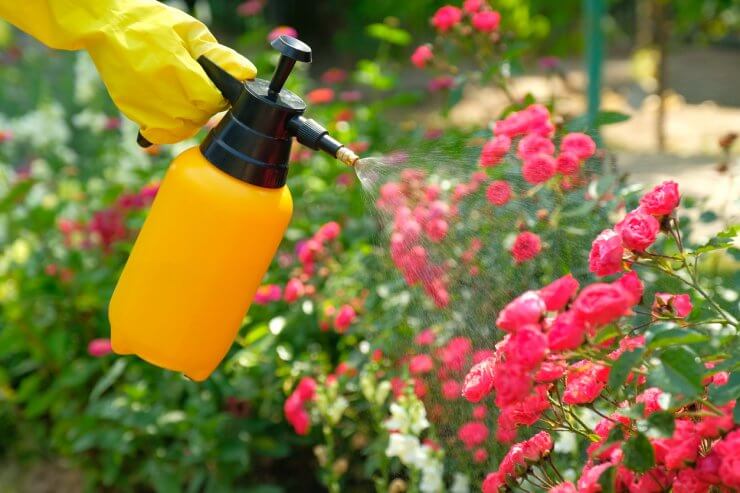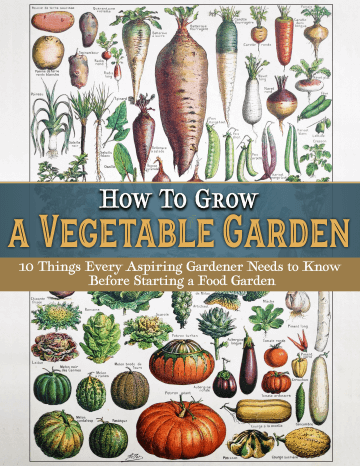
I’ll do just about anything to keep pests out of my vegetable garden. I’d even use Home Alone-style booby traps if I thought they’d keep insects and other pests from devouring my veggies. But alas, swinging paint cans and hot irons are not the solutions. Trap crops, on the other hand, are more subtle than Kevin McAllister’s burglary deterrents.
Discover 10 top tips for growing, harvesting, and enjoying fruits, vegetables, herbs and more from your home garden—when you access the FREEBIE How to Grow a Vegetable Garden, right now!
Trap crops?
Remember when Kevin led the Wet Bandits to his treehouse via the rope zipline? He purposely led the bad guys halfway to the treehouse and then cut the rope using hedge trimmers, sending the burglars flying. Trap crops are like the treehouse booby trap. The goal of using these decoys is to lure pests away from your delicious vegetables.
How does it work?
Big farms use trap crops all the time as a way to protect their cash crops. But you can implement a similar strategy in your backyard garden with a little planning. The key is timing. Decoy crops should be planted earlier than direct-sown vegetables. Or you can transplant them as mature seedlings at the same time as your direct sow vegetables. Basically, you want your decoy plant to be older than your other veggies. Pests will be drawn to the plant long before your other vegetables are susceptible. Once you see signs of pests on the trap crop, you can either destroy the plant or apply a pesticide.

What trap crops work best?
Your trap crops will differ depending on what pest you’re trying to attract. And it can feel strange to try to attract pests, but that’s the goal! Get Harry and Marv to the treehouse, remember?
The key is to use a flower, herb, or vegetable that will attract the pest you want to get rid of. You can even use the same type of vegetable crop. Just plant it ahead of your other veggies and watch it closely for signs of pests. Keep an eye out for eggs, larvae, and other signs of insect chew marks. There’s even a school of thought that recommends leaving your trap crop as a breeding ground for pests. A large concentrated population of pests will then attract good types of insects and birds to prey on them. It’s the circle of life. Hakuna Matata! (Okay, that’s enough with the 90s nostalgia!)
Here are some trap crop ideas for your garden
- If you’re trying to eliminate tomato hornworms from taking up residency in your garden, plant some trap crops of dill.
- If squash bugs are your nemesis, plant millet to attract them.
- Aphids got you down? Try planting some nasturtiums. (Bonus points there for adding beautiful flowers to your garden landscape.)
- Got a root nematode problem? Plant some marigolds!

Benefits
One of the best things about using trap crops is that you can significantly reduce or even eliminate your pesticide use. Instead of spraying your whole garden, you can let the pests infest your decoy plant and then apply insecticide to just those plants.
By themselves, trap crops won’t eliminate all of your vegetable garden pest issues. But if you add companion planting and naturally pest-resistant plants into the mix, you’ll greatly reduce your pest woes and likely enjoy a bigger vegetable yield.
It may be tempting to line your garden bed with trip hazards and blow torches like a 1990s Macaulay Culkin. But consider utilizing trap crops instead to get those ugly, yella, no-good keister pests off your property. And keep the change ya filthy animals!
Have you used trap crops before? What plants work best for you? Let me know in the comments!
Discover 10 top tips for growing, harvesting, and enjoying fruits, vegetables, herbs and more from your home garden—when you access the FREEBIE How to Grow a Vegetable Garden, right now!




